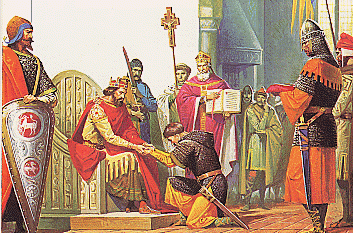“Thanksgiving, Ethics, and Economics” or “Why The Lesson of Plymouth Plantation Lasts Longer Than One Day in November”

On December 9, 2015, as students reconvened with E3NE following their Thanksgiving break, we decided to reflect on history, and how it provides lessons in ethics and economics. But first we needed to define a few terms, and keep our eyes peeled for a few others that would be important for the future and intellectual growth. I asked the students […]
Read more
